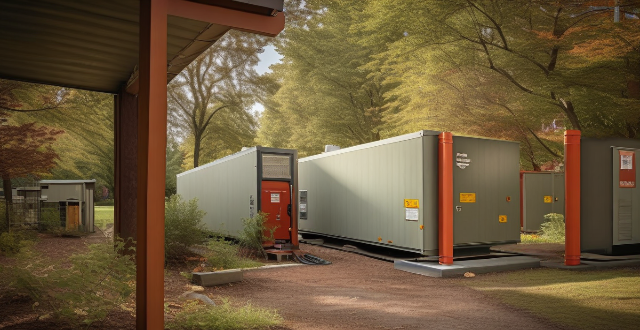Solar panels can significantly reduce electricity bills over the long term by reducing energy consumption, increasing self-sufficiency, and taking advantage of net metering programs. While the initial cost of installation can be high, lower operating costs, federal tax credits, and increased home value can help offset these expenses. Additionally, solar panels offer environmental benefits such as reduced carbon emissions and support for renewable energy infrastructure.

How Do Solar Panels Impact Electricity Bills in the Long Run?
Solar panels are becoming increasingly popular as a renewable energy source, and they have a significant impact on electricity bills over the long term. Here are some ways that solar panels can affect your electricity costs:
Reduced Energy Consumption
One of the most obvious benefits of solar panels is that they reduce your overall energy consumption from the grid. This means that you will use less electricity from your utility provider, which can lead to lower monthly bills.
Increased Self-Sufficiency
With solar panels, you generate your own electricity, which means you become more self-sufficient. You won't have to rely as heavily on the grid for power, and this can help you save money in the long run.
Net Metering
Many utility companies offer net metering programs, which allow homeowners with solar panels to sell excess electricity back to the grid. This means that if you generate more electricity than you need, you can receive credits on your bill for the excess energy you produce.
Cost Savings Over Time
While the initial cost of installing solar panels can be high, there are several ways that these systems can save you money over time:
Lower Operating Costs
Once installed, solar panels require very little maintenance and have no fuel costs. This means that your operating costs will be much lower than those associated with traditional energy sources like coal or natural gas.
Federal Tax Credits
The federal government offers tax credits for installing solar panels, which can help offset the upfront costs of installation. These credits can significantly reduce the overall cost of going solar.
Increased Home Value
Homes with solar panels tend to have higher property values than homes without them. This means that if you decide to sell your home in the future, you may be able to recoup some or all of your investment in solar panels through an increased sale price.
Environmental Benefits
In addition to financial savings, solar panels also offer environmental benefits that can positively impact your community and the planet as a whole:
Reduced Carbon Emissions
By generating your own electricity using solar panels, you reduce your carbon footprint and help combat climate change. This is because solar power produces no harmful emissions during operation.
Support for Renewable Energy Infrastructure
Investing in solar panels helps support the growth of renewable energy infrastructure, which is essential for transitioning away from fossil fuels and towards a more sustainable future.
In conclusion, while the upfront costs of installing solar panels can be high, they offer significant financial and environmental benefits over the long term. By reducing your reliance on the grid, taking advantage of net metering programs, and benefiting from federal tax credits and increased home value, you can see significant savings on your electricity bills over time. Additionally, by reducing your carbon footprint and supporting renewable energy infrastructure, you can contribute to a healthier planet and a more sustainable future.